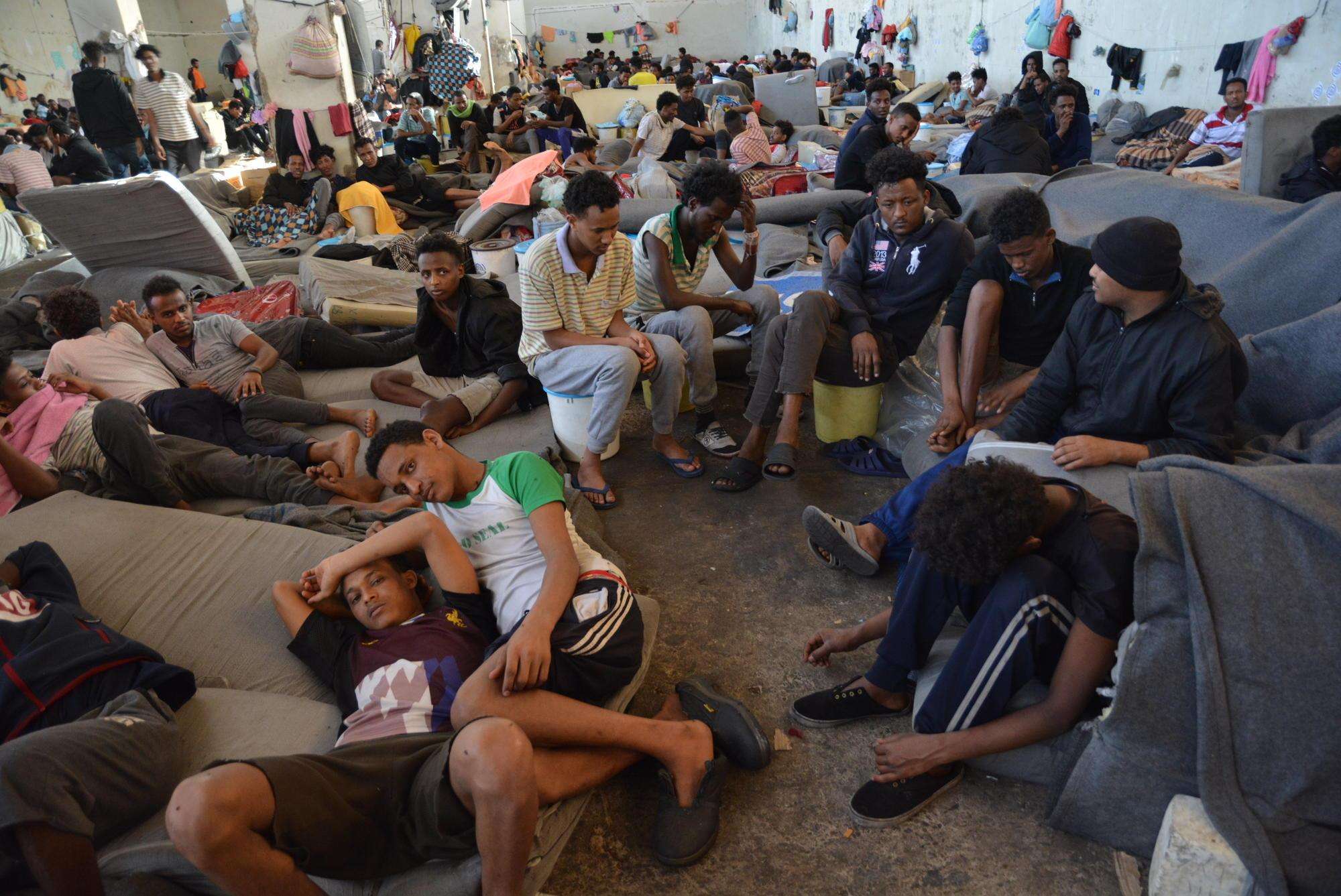Number of migrants hosted by Libya increases in 2025

Libya is reportedly hosting 19 percent more migrants within its borders in 2025 compared to the number recorded for 2024, according to the Libya Review on October 28th.
The International Organisation for Migration (IOM) reported that 867,055 migrants are currently located in Libya, an increase from the total of 725,304 such cases recorded last year.
The IOM’s Displacement Tracking Matrix revealed that 53% of the migrants are concentrated in western Libya, with another 35% in the east and the remaining 12% residing in the south.

33% percent of these migrants are Sudanese asylum seekers fleeing their country’s devastating civil war. A further 22% are from Niger, 19% are Egyptian, and the remaining 10% are from Chad.
The IOM clarified that the actual number of migrants may be much higher than the figure reported, stating that the number of Sudanese migrants alone could potentially exceed 800,000. The recent downturn in NGO operations within Libya has constrained data collection capacities.
The report also outlined that Libyan authorities have intensified efforts to curtail migration flows towards European countries, noting a rise in detentions and deportations during the Summer of 2025.
Between July 1st and September 22nd, 1,102 Egyptians were repatriated, alongside 700 Sudanese, in a single operation on July 18th. Workplace raids have seen over 1,500 migrant detentions.
Moreover, the Libyan coast guard has migration interception agreements with various southern European nations, such as Italy and Greece. The IOM previously reported that the coast guard had intercepted 19,264 migrants who were traversing the Mediterranean in 2025.
Libya has rapidly become a major hub for illegal migrant trafficking networks ever since former dictator Muammar Gaddafi was overthrown in 2011. Since then, the number of migrants arriving in Italy from the North African country increased from 28,500 in 2011 to almost 163,000 in 2016.
Addressing the root of the issue, Chatham House explained on February 21st that “the collapse of the Gaddafi regime and ongoing governance crisis led to the rapid expansion of migrant smuggling networks” due to the “fragmentation of legitimate authority and a decline of law and order.”
Libya Review, Chatham House, Maghrebi.org
Want to chase the pulse of North Africa?
Subscribe to receive our FREE weekly PDF magazine














